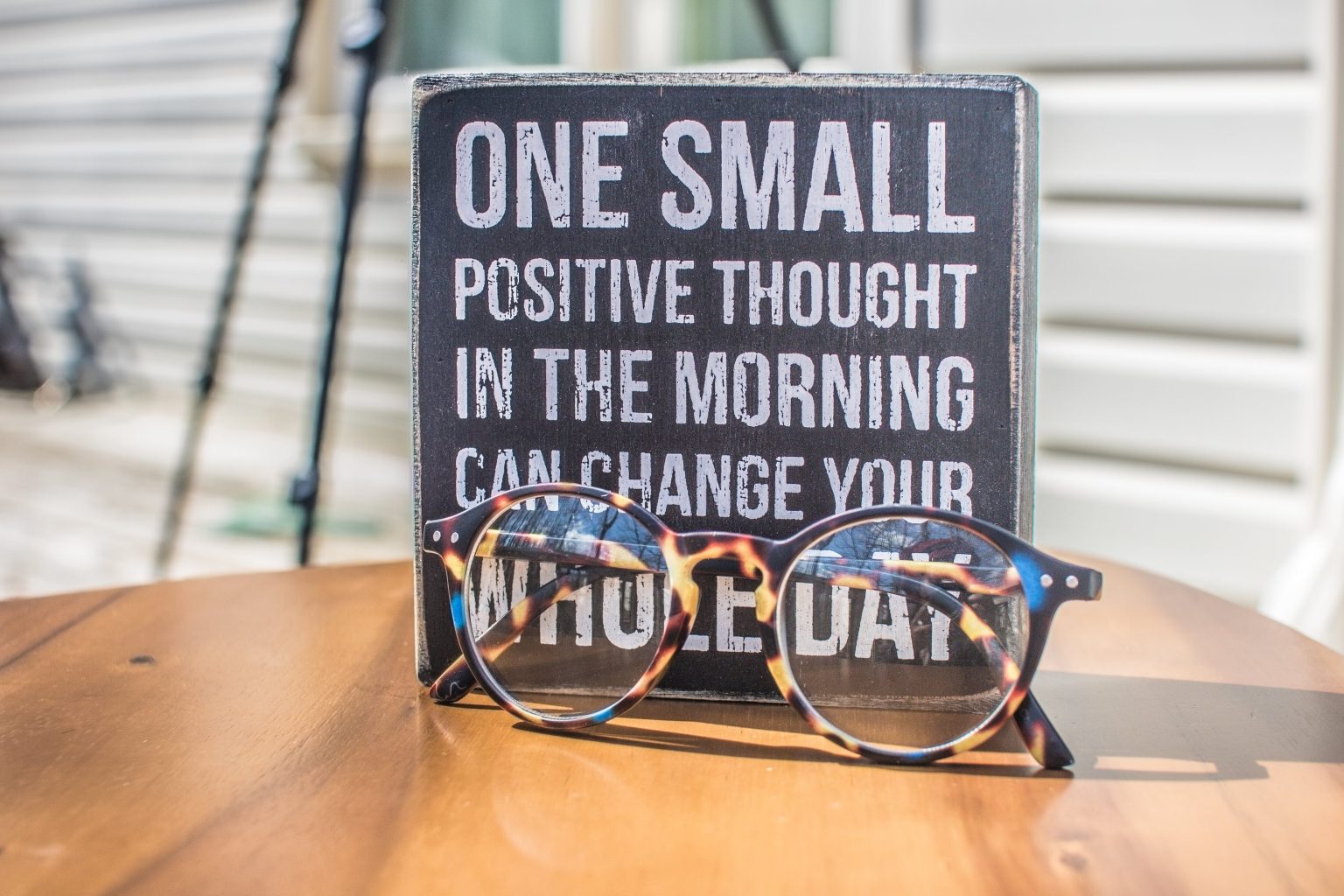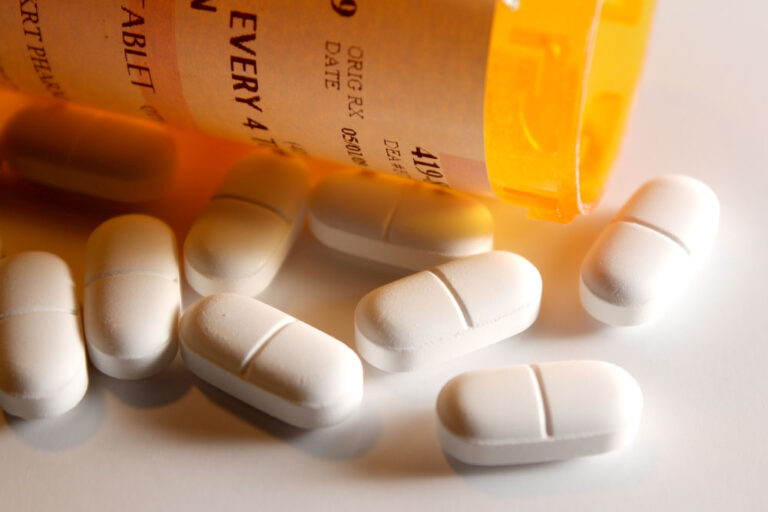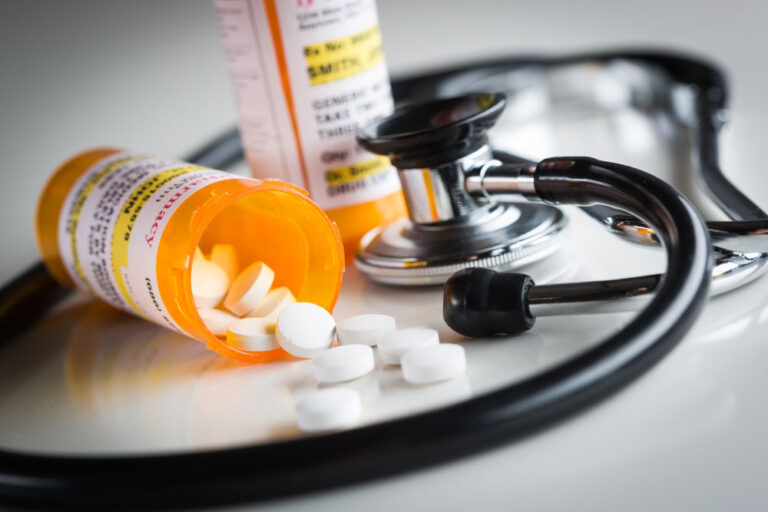How Does Drug Rehab Work?
If you or a loved one have been struggling with addiction for a while, the thought of entering a drug rehab has probably entered your mind. Making this decision is huge, especially when you don’t know what to expect before going to rehab.
Below we will discuss a basic overview of how drug rehab can help put you on the path towards long-term sobriety.
Clearing Drugs from Your System
The first step towards the path to sobriety is a detox, which will cleanse your body from drugs or alcohol. As your body adjusts to the absence of alcohol or drugs, you may experience withdrawal symptoms and cravings that are difficult or impossible to tolerate. Medications are available to assist in the withdrawal from opioids, benzodiazepines, alcohol, nicotine, barbiturates, and other sedatives. When you detox in a medically supervised setting with consulting physicians, you can receive services like IV fluid replacement, medication, pharmaceutical therapy and nutritional support to help you recover more quickly from the effects of withdrawal.
Not everyone who goes through drug rehab needs to detox at a hospital or inpatient rehab center.
Depending on the drugs you use and how long you’ve been addicted, outpatient therapy may be as effective as inpatient treatment. After you’ve reached a state where your body is free of substances and you’re ready to focus on recovery, the next phase rehab can take place.
It’s important to note after you have detoxed from drugs or alcohol, this is only the beginning of your recovery process. While detox is crucial to rid the physical dependency of substance abuse, the physiological dependency still needs to be addressed and will take much longer to heal from, but with dedication and support from family and friends, this is definitely possible to achieve.
Finding a Supportive Rehab Environment
The environment you choose for drug rehab plays an important role in the success of your recovery. Whether you enroll in rehab at an outpatient center, a residential recovery community, or an inpatient program, the facility you choose should provide a setting that supports sobriety.
Outpatient rehab may be appropriate for you if you meet the following criteria:
- You have mild to moderate withdrawal symptoms
- You are strongly motivated to get sober without 24-hour supervision
- You draw strength from remaining active in your current social network
- You want to maintain employment and incur lower treatment costs
- Outpatient rehab is often more cost-effective than inpatient treatment, but outpatient care isn’t the answer for everyone
An inpatient setting may be more suitable for you if you meet the following conditions:
- You have severe withdrawal symptoms
- You’ve had complications with drug or alcohol withdrawal in the past
- You have a serious co-existing medical or psychological disorder
- You have a high risk of relapse if you’re exposed to your usual environment
Drug rehab is likely to be more effective if you’re removed from the social distractions, temptations and triggers that compel you to drink or use. Although you can’t avoid high-risk situations forever, rehab will teach you ways to respond to these triggers in a healthy way, so you can reduce your risk of a relapse and feel confident about your sobriety.
Reducing Your Exposure to Risk
Clinical studies have shown the longer you remain in the supportive environment of a treatment facility, the lower your risk of relapse will be.
Short-term programs may last from several days to two weeks, while longer rehab programs may last 90 days or more. A study by John Hopkins Medicine showed patients who lived in recovery housing after a 14-day opioid detox program were up to 10 times more likely to stay clean and sober. Even those patients who didn’t go through the detox had higher abstinence rates if they were able to live in a drug-free environment for 30-45 days. The more time you have to remain substance-free and practice healthy behaviors, the better prepared you’ll be to face life outside of drug rehab.
Helping You Understand Your Addiction
When you’re in the middle of an addiction to drugs or alcohol, it may seem these substances are actively causing your disease. Once you’ve had the chance to cleanse your system and begin the process of rehab, you’ll realize that drugs and alcohol don’t cause addiction; substance abuse is symptomatic of a much deeper psychological condition. That’s why psychotherapy is a critical component of any drug rehab program.
An integrated treatment program for drug or alcohol addiction should help you do the following:
- Identify any co-occurring mental health issues that drive your addiction
- Provide specialized treatment for depression, post-traumatic stress disorder (PTSD) or other co-occurring mental health conditions
- Correct, repetitive, negative thoughts that keep you in an addictive mindset
- Learn how to defuse the emotional situations that set off the desire to drink or use drugs
- Strengthen your sense of self and discover a sense of purpose
- Build stronger, more authentic relationships with loved ones, friends and employers
- Understand the true nature of addiction and its impact on your life
Psychotherapy gives you the opportunity to discover how and why addiction took hold while helping you handle situations that keep you trapped in substance abuse. Therapy may be provided by a licensed addiction counselor, psychologist or psychiatrist, and sessions may take place one on one or another in groups. When you leave rehab, you should have a deeper understanding of yourself, your past and your hopes for the future.
Sustaining You in Recovery
Aftercare is a vital part of any drug rehab program. After you’ve completed your detox and you’ve been through the initial phases of rehabilitation, your recovery should continue with outpatient counseling, group therapy and medication therapy if needed. Alumnus programs provide accountability and allow individuals to remain actively involved in a supportive recovery community.
Getting reintegrated into your community after rehabilitation can take time. If you and your treatment team decide you need more time in a secure, drug-free environment, you may find that a sober living home gives you the additional structure and supervision you need. At a sober living facility, you can continue your treatment on an outpatient basis, seek employment and establish new social ties within the guidelines of the residence.
Residents of sober living facilities are usually required to do the following:
- Remain drug- and alcohol-free and avoid contact with people who drink or use
- Adhere to a curfew and sign out when they leave the facility
- Attend 12-step meetings or other group events that support their sobriety
- Contribute to the residential environment by completing chores or helping with household expenses
- Attend house meetings on a regular basis
Drug rehab doesn’t make someone sober and healthy within a matter of days, weeks or even months. Recovering from the causes and effects of addiction is a process that may take the rest of your life. If you have a strong support network to help you through this process, you can look forward to a journey that offers deep rewards as well as challenges.
Relapse Doesn’t Necessarily Mean Treatment Failed
Unfortunately, relapse is extremely common for anyone who is struggling with addiction, including those who have entered a drug rehab. Many might view this as a failure, and proof that rehab doesn’t work if you have relapsed.
In reality, successful treatment for addiction typically requires continual evaluation and modification as appropriate, like the approach taken for other chronic diseases. Relapses do not indicate failure—rather, they signify that treatment needs to be reinstated or adjusted, or that alternate treatment is needed.
However, going to a drug rehab that focuses on mental illness, past trauma and other common co-occurring disorders, aftercare, and aims to treat the mind, body, and spirit, can make the possibility of relapse less likely.
CALL TODAY TO LEARN MORE
Our team is standing by, ready to help you learn more about how our addiction rehabilitation program can help you or a loved one today. Don’t hesitate to get in touch by giving us a call at: 505-657-2117, or you can contact us via email or text today.









